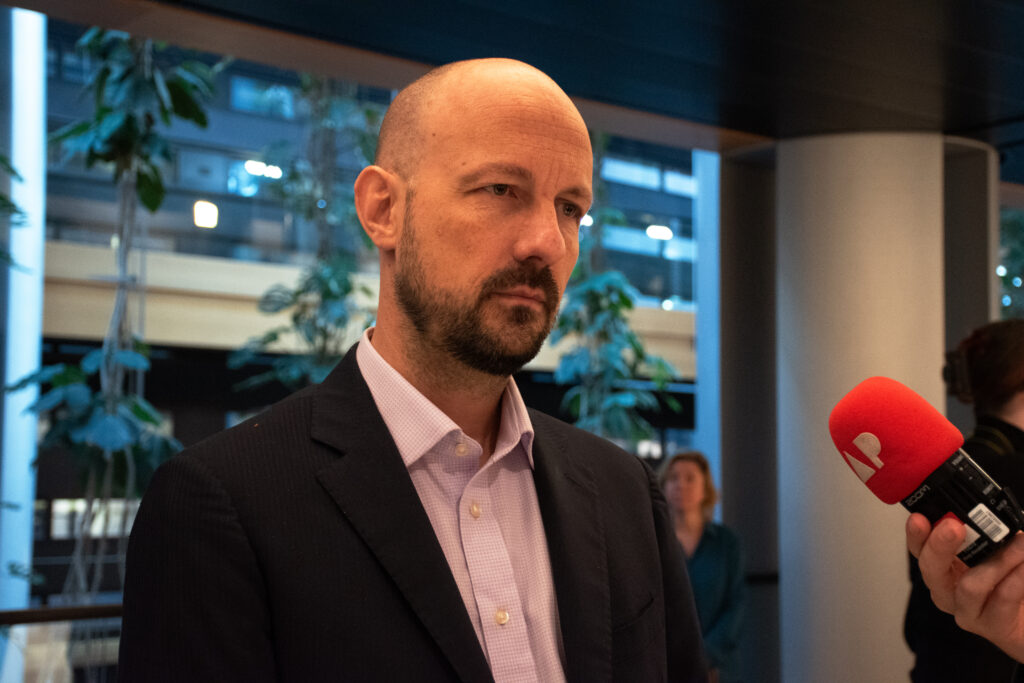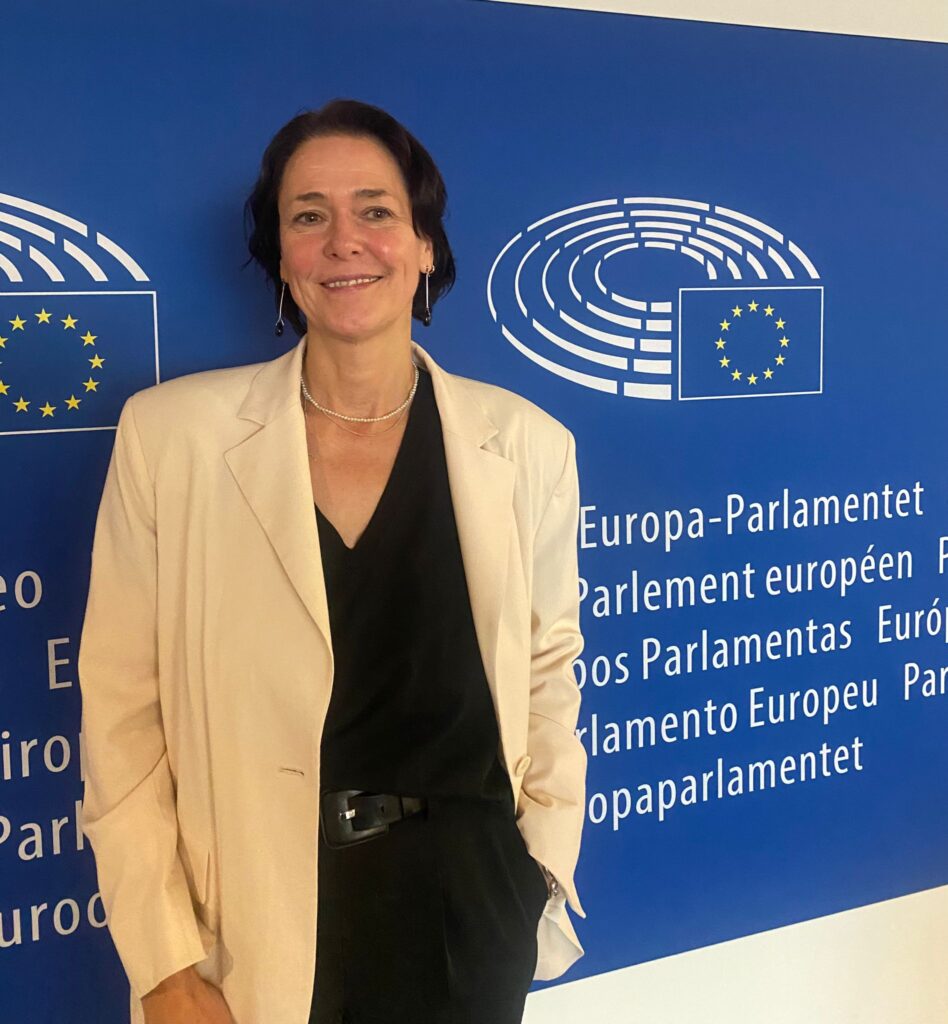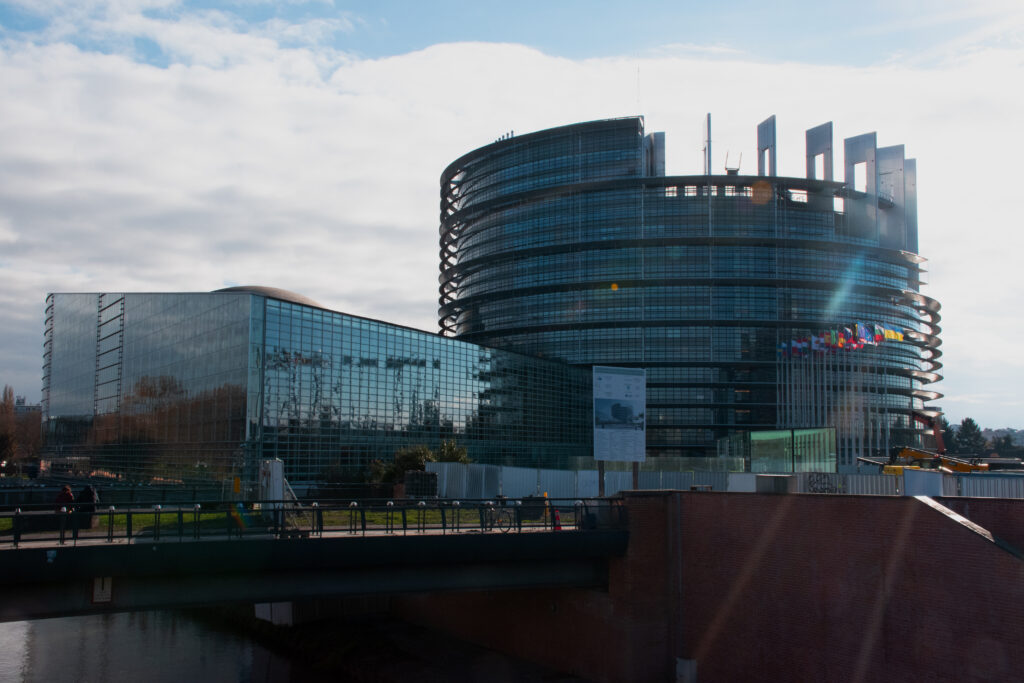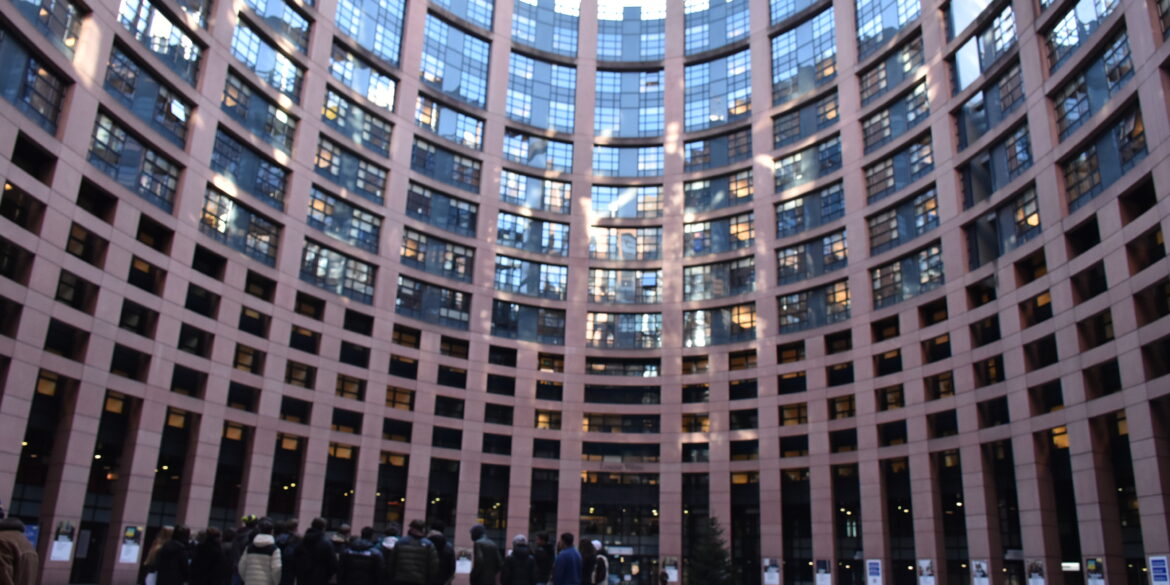The relationship between European citizens and the institutions of the European Union (EU) is complex and often fraught with mutual misunderstandings. On one hand, there are claims that European citizens ignore the workings of the EU, viewing it as distant. On the other hand, the institutions themselves are accused of being disconnected from the everyday concerns of the people they serve. This dynamic raises crucial questions about democracy, engagement, and the future of the European project.
One argument often made is that the perceived distance between the EU and its citizens is less about deliberate ignorance and more about a lack of understanding. MEP Kathleen Van Brempt suggests that the complexity of the EU’s processes and the diversity within its member states contribute to this disconnect. She highlights that the EU’s decision-making processes, involving 27 member states with different languages and cultures, make it challenging for the average citizen to stay informed and engaged.

This complexity is not just an issue of communication, but also one of comprehension. “Many citizens”, Van Brempt notes, “simply do not have the time or resources to fully grasp the nuances of EU politics, which often appear distant from their everyday lives.” However, she is optimistic that most members of the European Parliament are genuinely engaged with the issues that matter to people, such as climate change, energy access, and economic stability. Yet, the challenge remains: how can the EU communicate these efforts in a way that resonates with its diversity of the citizens?

The EU’s Core Values
“Critics argue that the EU’s proclaimed core values of democracy, human rights, and peace often exist more in theories than in practice.” This sentiment was echoed in an interview with professor Peter Bursens, UA, where it was stated that while the EU claims to champion human rights, its actions are often selective, failing to live up to its own standards. The EU’s inconsistency, particularly in its external policies, can lead to disillusionment among citizens who see a gap between the EU’s stated values and its actions.
For instance, the EU’s approach to international conflicts, such as the Israel-Palestine issue, is seen by some as hypocritical. The EU speaks of peace but is criticized for not taking a firm stance in conflicts that require more than diplomacy. “They say we respect human rights, but they only respect it selectively”, says MEP Botenga. This selective approach undermines the EU’s credibility both at home and abroad, further widening the gap between the institutions and the people they represent.

Democratic Backsliding: A Threat to EU Integrity
The issue of democratic backsliding in certain member states further complicates the relationship between the EU and its citizens. Countries like Hungary and Poland have faced criticism for undermining democratic norms, prompting concerns about the EU’s ability to enforce its core values within its own borders. Peter Bursens, a political science professor from the University of Antwerp tells us, “While the EU is structured to be highly democratic, the reality is that citizens often do not perceive it as such.”
Bursens emphasizes that the EU is, in fact, more democratic than many of its member states, with multiple levels of representation available to citizens. However, this complexity also makes the system difficult to understand, leading to a perception of the EU as distant and unaccountable. The challenge for the EU is not only to maintain its democratic integrity in the face of internal threats but also to communicate the importance of these efforts to its citizens.

Engagement or Apathy?
Youth engagement in EU politics is another area of concern. Despite the fact that young people in several EU countries can vote in European elections from the age of 16, there is a widespread feeling of disengagement among this demographic. “Young people often do not feel represented in EU institutions, which are seen as dominated by older politicians”, Prof. Bursens. This lack of representation, coupled with the complexity of the EU’s political processes, contributes to a sense of apathy among the youth.
The EU has attempted to bridge this gap through educational initiatives and civic engagement programs. For example, simulations of EU decision-making processes are used in schools to teach young people about how the EU functions and the importance of democratic participation. However, the effectiveness of these initiatives in fostering long-term engagement remains to be seen.
The Role of Media and Communication
One of the major barriers to engagement is the absence of a unified European media landscape. The multitude of languages, cultures, and political systems within the EU makes it difficult to create a cohesive narrative that resonates across all member states. This lack of a common media platform contributes to the feeling of disconnect, as citizens often receive fragmented and sometimes contradictory information about the EU. “There is still no European media, because of all the language-barriers”, Professor Peter Bursens states.
The EU’s communication strategies have been criticized for being overly complex, failing to engage citizens on a meaningful level. As Van Brempt suggests, “There is a need for the EU to communicate its policies and decisions in a way that is both clear and accessible, without oversimplifying the issues at hand.”

Photocredits: source unknown
Conclusion: A Two-Way Street
The relationship between the EU and its citizens is a two-way street. While there are certainly efforts on both sides to bridge the gap, significant challenges remain. The complexity of the EU’s structures, the inconsistency in its application of core values and the lack of effective communication all contribute to the perception that the EU is distant and unaccountable. At the same time, citizens, particularly the youth, must be encouraged to take an active interest in EU politics, recognizing the impact that these institutions have on their daily lives.
In the end, whether the citizens ignore the EU or the EU ignores its citizens is a question of perspective. What is clear, however, is that both sides must work harder to understand and engage with one another if the European project is to thrive in the years to come.
1002 words





